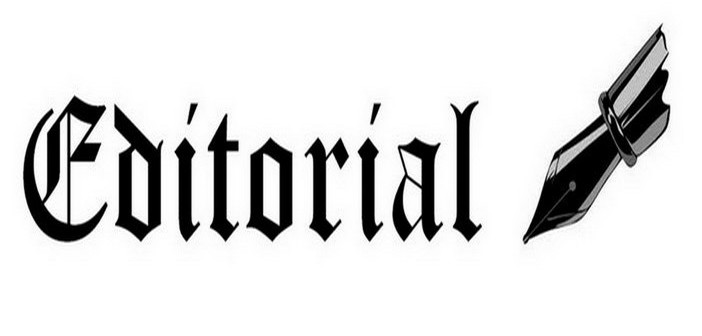Are democracy and Islam compatible?
A much addressed question? For sure… But has it ever been answered in a satisfactory way?
Five years after the brief but vibrant shaking of a past spring…
As Syria and Iraq, burning and bleeding, have not completed their descent into hell… As Libya and Mali (subsequently) implode… As Egypt now again lives under the boots and the stick of a merciless military tyranny… As Yemen manifests a disposition to disappear from the world map… As Tunisia is caught up again with the demons of the old regime and gangrened by Islamist velleities – even if some observers have not quite understood…
Has recent history not given its answer to the question?
Perhaps the question is better phrased differently…
Does Islam have the vocation – as was once the case of Christianity – of producing democracy?
Or, on the contrary, has this religion, born from the fierce crucible of Arabian desert Bedouins, generated the principle of political coercion? And is the Caliphate, as monarchic and theological regime, the natural emanation of a severe and intransigent Qur’anic text, dictated by the Prophet Mohammed, who was himself, when alive, the almighty sovereign of a subdued people?
An extreme left, joined by a right force that similarly extreme, believes to have seen in the events that have weakened some of the nations of Arabic language, the criminal hand of the United States of America. “When there is a bad blow somewhere, always say that it was the Americans!”, at least this is what Costa Gavras had one of his characters exclaim. “Even if you think you are wrong … ‘They’ know that you are right!”. A left that has not understood that the ideological cleavage is not the same anymore as at the time of Eisenhower and Stalin, even though the Cold War may still play out its consequences…
The facts have displayed it, without leaving room for ambiguity: the Americans, caught off-guard and incapable of reacting, have had no (or no big) role in the explosion of revolts, revolutions and Arab civil wars… A little bit in Libya, all the same… But not in Egypt – here the revolution revealed a clumsy Obama administration, that had not at all apprehended the tensions, nor anticipated the… ephemeral… change. Neither in Syria, where the insurrection poorly reflected the policy of Washington, which since 2005 was struggling to bring about a change of alliance, multiplying the pressures and reverences towards the Baathist regime.
Today it is certain: the revolts, revolutions and Arab civil wars have been (and are) endogenous phenomena.
They have not been driven by states wishing to spread democracy.
More precisely even, as some observers on the field had immediately realised – and as even the furthest away, now even with a supplementary distance of five years, have hopefully admitted –, the profound motivations of these phenomena did not have democracy as an aim.
On their side, the monarchs of the Arabic peninsula deceive not less than those of the Western chancelleries that wish to sell tanks or fighter jets, or luxury fashion or cosmetics… By paper laws, never realised, here, a parliament has been created, deprived of all decisive power and, there, torture has been prohibited in the prisons of the regime that condemns the apostates to die under thousands of whip lashes. In comparison to what happens there, Mohammed the VIth appears to be an altar boy as he fills the Moroccan prisons with too loud opposition folk under the pretext of fighting Islamist terrorism.
Whilst Latin America has since long abandoned its abominable past step by step, and the Far East is experiencing a social (r)evolution with slow but foreseeable political implications itself, the Arab world seems static and as always back to square one due to its own unchanging focal points.
Nonetheless, the Arab “nations” are not in the same boat as those of the black African ethnics, a massive and hard bloc of ebony, which finds itself as always under the spell of the untouchable chief’s spectre, the sub-Saharan political prototype that half a century after decolonisation seems to reveal itself as impassable…
To conclude and to answer the initial question: Islam being the only common denominator of those people “of Arabic language”, colourful and of heteroclite palatability (with the antipodes of a pan-Arabism dreamed of one day in the past by Nasser or Bourguiba), and Islam also being the principal structuring element of the political models, as well as of the cultural reflexes of local societies – is the conclusion that Islam holds within its genome the essential principle responsible for fourteen centuries of irreducible absolutism?



